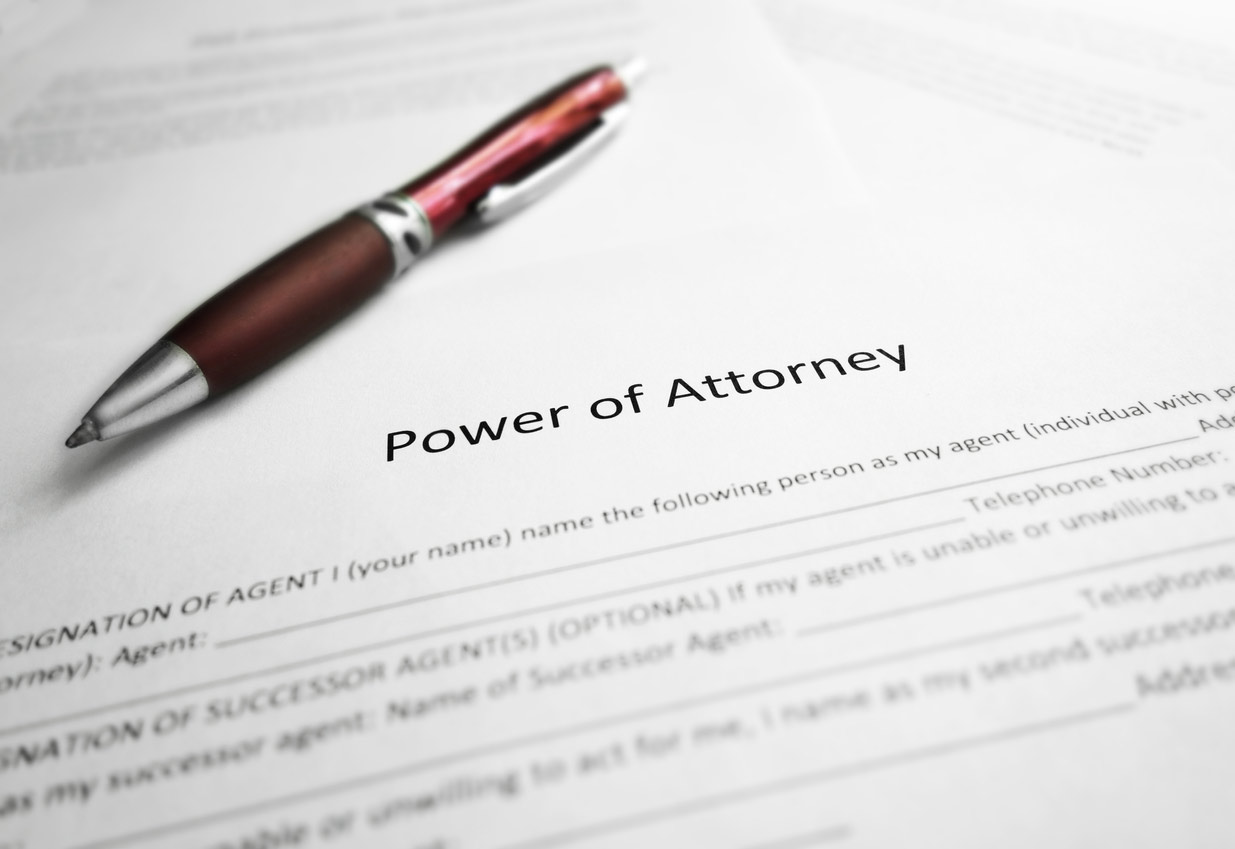My father is becoming forgetful. Should we be thinking about legal protections for him?
It is always concerning when a loved one appears less able to do things they once could. While slower bodies and minds are the unavoidable byproduct of ageing, you are certainly right to be thinking about the possibility that your father may at some point need greater help from those around him.
Depending on your father’s condition, you may want to look into any care needs he has now, and those he might need before too long. Is he living alone? Is that safe for him? Should you be thinking about lining up a different arrangement?
And one of the things I think you should definitely be considering is a Lasting Power of Attorney (LPA). This is a legal document that appoints someone, or more than one person, to take control of decisions about the day-to-day life, finances and wellbeing of someone who has lost mental capacity. There are two types of LPA: one for health and welfare, and one for property and finance. Quite often, the same attorneys (usually family members) are appointed in respect of each.
An LPA is made while a person still has mental capacity, and usually comes into effect if that capacity becomes lost. Timing is therefore extremely important. There is no point in thinking about the LPA option once a person no longer has mental capacity; they have to be shown to have the ability to make decisions for themselves in order to make a valid LPA.
Where a person has simply become forgetful, it is unlikely that they have lost mental capacity. The time would therefore be ripe to help put an LPA in place for your father.
What is mental capacity?
Mental capacity is someone’s ability to make a decision. Incapacity strikes when decisions can’t be made because of a temporary or permanent impairment of, or a disturbance in the functioning of, the mind or brain.
Being ‘unable to make a decision’ means not being able to understand relevant information, retain that information, use or weigh that information, or communicate the decision.
Why have a Lasting Power of Attorney?
If a person loses the ability to make decisions, the next best thing is for someone they know and trust to do that for them. An LPA allows this to happen very easily.
When someone loses mental capacity without having an LPA in place, there will usually need to be an application to the Court of Protection. That is the specialist court responsible for taking care of people who have lost mental capacity. It can appoint ‘deputies’ to act in much the same way as attorneys under LPAs and make decisions in the person’s best interests. A major difference, however, is that the person in whose interests decisions will be made has at that point no say in who becomes his or her deputy, whereas the ability to nominate attorneys via an LPA places that control firmly in the hands of the person at the centre of it all.
What about a Will?
An LPA is not an alternative to having a Will. The two documents do different things, and ideally people should have both in place.
While few people feel completely comfortable discussing Wills and other future plans with parents, it really is a good idea to bite the bullet. Encouraging loved ones to think ahead and to talk about the arrangements they have and could put in place can make so many things far easier in the long run.
To find out more about LPAs, Wills and future planning, or for advice on your particular situation, contact me on 01892 337540 or at [email protected].








